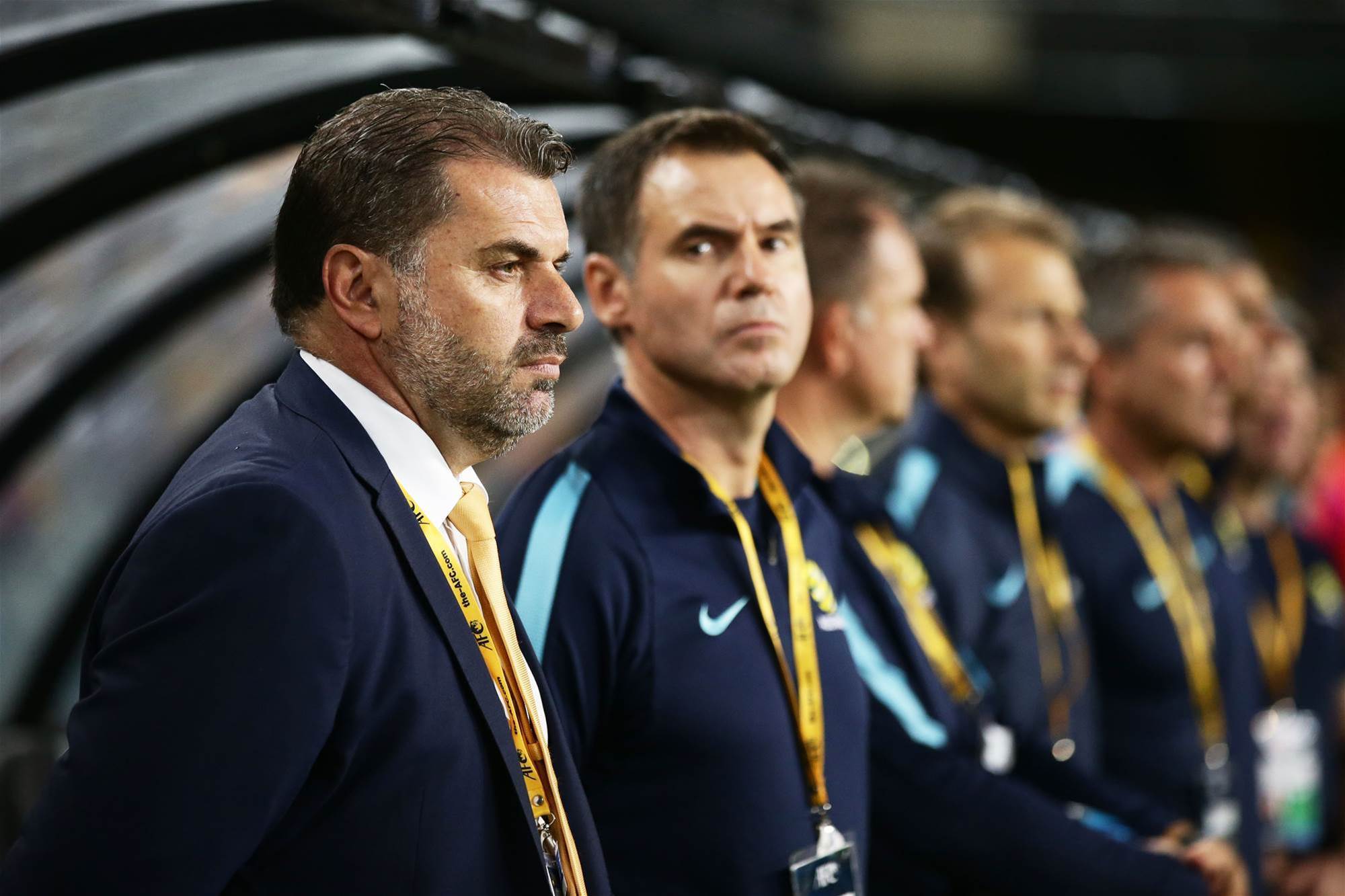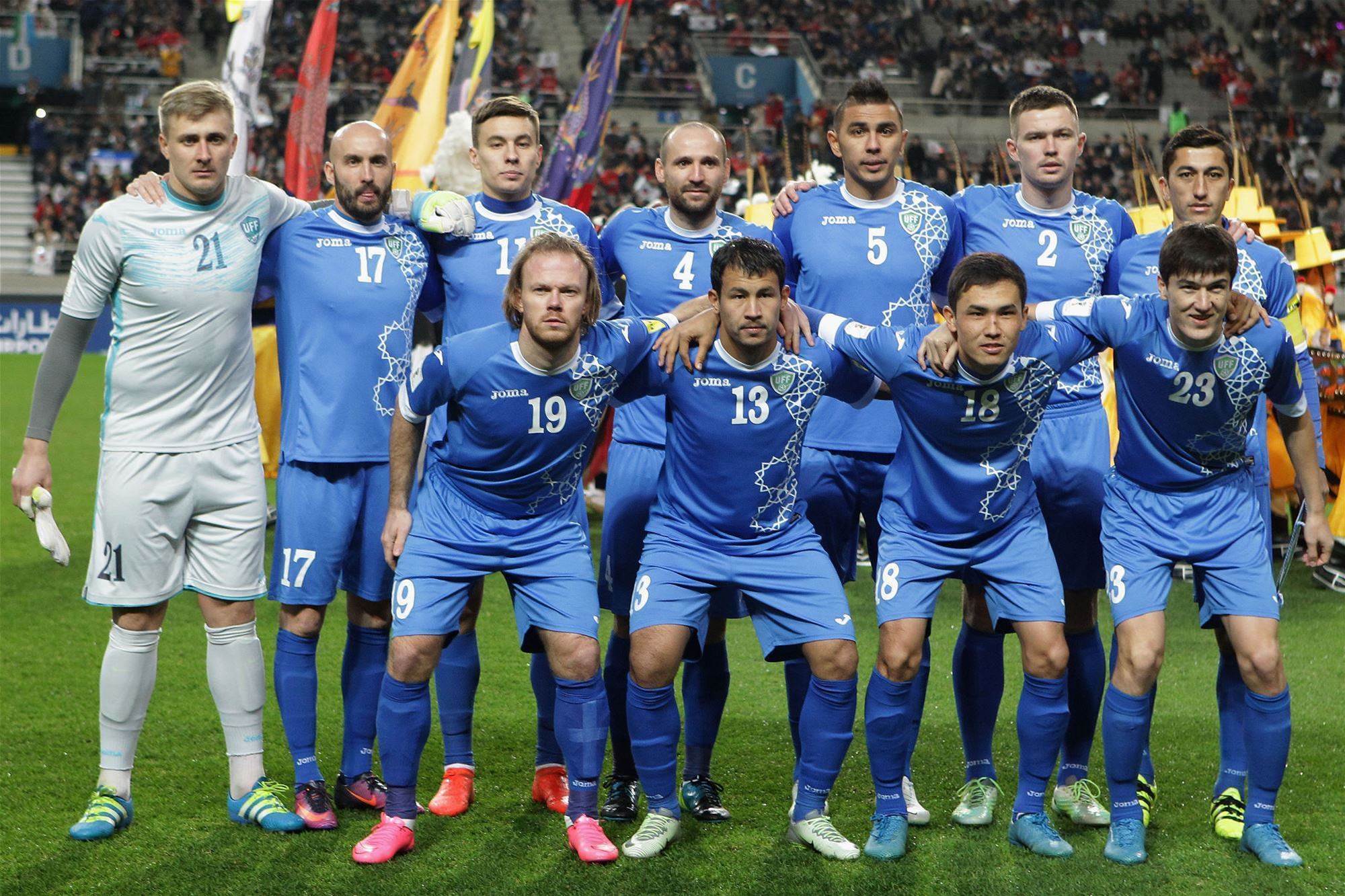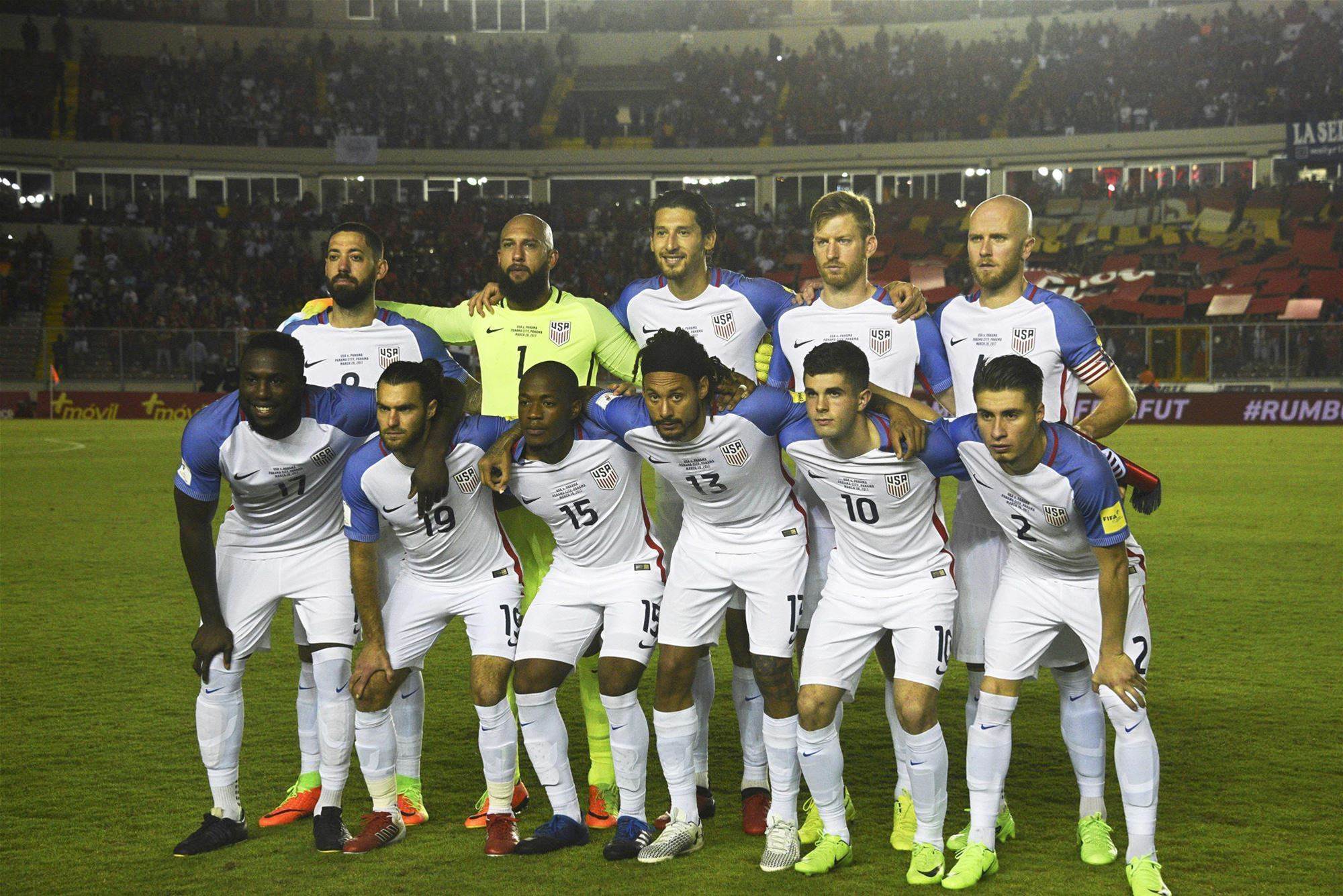With only three games left until the third round of qualification ends - and Australia in third place - what happens if the unthinkable comes to fruition, and the reigning Asian champions fail to qualify directly?
It’s been widely acknowledged that, if Australia finishes third, our journey isn’t over. Yet little has been written about where finishing outside of the top two will leave us. It’s a more alarming conclusion than you might think.
The win against the United Arab Emirates has temporarily silenced many doubters - although with three games remaining, anything is possible – but while progression may appear a certainty, third is an all-to-real possibility – and the problems it throws Australia’s way are significant.
One win in five - that could have been very different was it not for Mat Ryan’s quick reactions to Omar Abdulrahman's free kick – implies that rather than growing stronger during qualifying, Australia is weakening.
Ange Postecoglou seems to recognise inadequacies within the group - as his constant rotation and formation changes would suggest.
So far, changes haven’t made us more competitive. The Socceroos aren’t losing, but they’re barely scraping over the line.
It would be ignorant to assume constant rotation isn’t unsettling the squad – but Ange is tinkering for a reason. The team isn’t playing cohesively, and at this late stage, it could prevent us overcoming Japan.
Perhaps even a surprisingly capable Saudi Arabia, for one of those elusive direct qualification spots. So if we do fail, what sort of lifeline does third place offer?

The third-placed team from the two Asian Football Confederation (AFC) qualifying groups face off over a home and away fixture. Assuming results in both groups remain the same, this would see the Socceroos face off against 63rd ranked Uzbekistan.
While Syria is still very much in Group A’s third-place contention, the place is Uzbekistan’s to lose. The Uzbeks have the quality and pedigree, they reached that stage last time round, and they’ll be most pundits’ favourites to face the Socceroos.
If it reaches that stage, it’s a good match up on paper for Australia. We’ve previously played Uzbekistan three times and won all three, scoring nine without conceding. The highlight was our last game, a 6-0 drubbing in the semi-finals of the 2011 Asian cup.
Even considering the Socceroos’ enduring poor form, it’s hard to imagine Ange’s men failing where Holger Osieck’s so convincingly succeeded. Hard to imagine – although certainly not impossible.
The White Wolves play a comparatively European style to the majority of their Asian counterparts. This is due to the former Soviet Republic’s proximity and shared history with Russia, and the tradition of their best players and coaches featuring in the Russian Premier League.
Australia, meanwhile, have a proud history of performing very strongly against European sides. Uzbekistan, similarly to their Kyrgyz neighbours, feature individually adept players but lack pace, cohesion and defensive organisation.
The Uzbeks have also proven to be an all-or-nothing side under coach Samvel Babayan, in stark contrast to Australia. They’ve been unable to grind out results, which has left them in precarious situation Group A.

Uzbekistan is entering a transitional phase. A team that had rising stocks in Asia, thanks in no small part due to substantial investment in football domestically - has stalled in recent times.
Their talismanic forward, Server Djeparov, is faltering at 34-years-old and has left a hole in the side. Meanwhile, the man who was supposed to be the future of Uzbek football, Odil Ahmedov, has largely failed to live up to the lofty expectations that saw him almost sign for Arsenal in 2011.
They still have quality goal-scorers, the likes of Marat Bikmaev and Alexander Geynrikh, but should it come to a third-place playoff - Australia will be supremely confident of progression.
The Socceroos have far more quality than Uzbekistan - although mere quality hasn’t seen the Aussies accomplish much recently.
While the Central Asian nation is hungry for the kind of success that could validate the millions of dollars being funnelled into their domestic league, Uzbekistan’s mentality just doesn’t bode particularly dangerously for the Socceroos.
However, should we finish third beating the Uzbeks isn’t the end of our worries. The winner of the AFC fourth round then progresses into the inter-confederation playoff.
It’s a hurdle Australian fans know all too well. When we were part of Oceania, it stopped us qualifying for 32 years. Only this time we won’t be facing an Asian, or CONMEBOL (South American) side. Instead, we’ll be facing CONCACAF (North America).
If you just breathed a collective sigh of relief, it may have been premature.
While CONCACAF may sound appealing - especially when compared to the cornucopia of talent South America has to offer – if results stay the same, it would mean a home and away play off against the United States.

As far as Australian sporting contests go, they don’t come much bigger than facing the United States for a place in the 2018 FIFA World Cup.
This is where our potential path gets very interesting. It would be a salivating contest for any neutral. The United States currently sit fourth in their own qualifying group, thanks to an unthinkable 4-0 demolition at the hands of an ever-improving Costa Rica.
Should the U.S remain fourth, they’d be the one thing between Australia and a dream fourth World Cup in a row. A 320-million-people strong hurdle.
Australia has played the United States three times in our history, with a plucky record of a win, a draw and a loss. Last time we played, in a 2010 friendly, the U.S won 3-1 in Orlando.
CONCACAF’s fifth round of qualifying is far too close to predict yet, with each team less than a third through. Still, the very-real prospect of a showdown with the United States is worth noting, with our own group so close to conclusion.
As scary as the US sounds, Costa Rica, Panama, Honduras and Trinidad & Tobago are all also in the mix for that fourth spot, while Mexico should top the lot and qualify automatically.
As for Australia, we stay three points behind Saudi Arabia and Japan in third place, with our remaining game against the Blue Samarai played in Japan – on current form, a very hard game to win.
Perhaps more promisingly, we challenge second-placed Saudi Arabia in Adelaide on June 8, which could end up the most important game in our arduous qualification journey.
Many Australian fans voiced their disapproval at the recent FIFA decision to expand the World Cup to 48 teams – a ruling that would make Australia’s qualification an all-but-certainty.
It was criticised as dampening the immense accomplishment of reaching the World Cup finals.
But having felt the sickness in the pit of their stomachs after witnessing draw after unconvincing draw - watching as their place seems to eek away from underneath them – it’s fair to say there’d be at least a few that wouldn’t mind an easier path to glory.
Although the fiery competitor would never admit it, Postecoglou just might be one of them.
Related Articles

Socceroos midfielder embraces move to England

Cardiff City snap up sought-after Socceroos starlet













